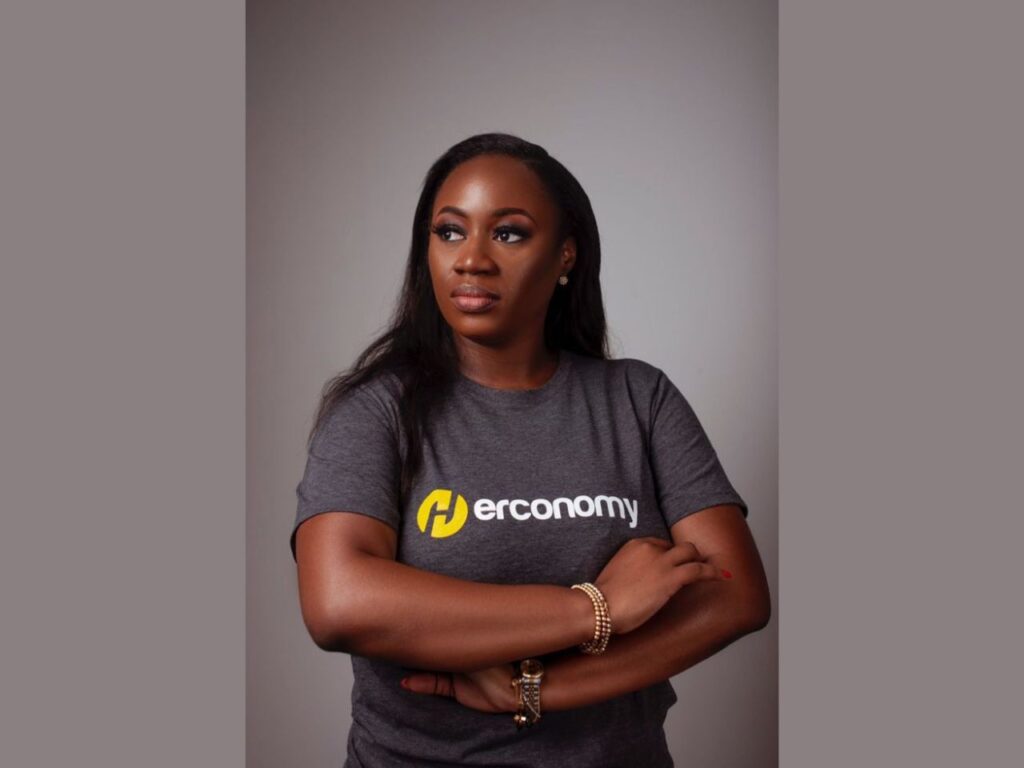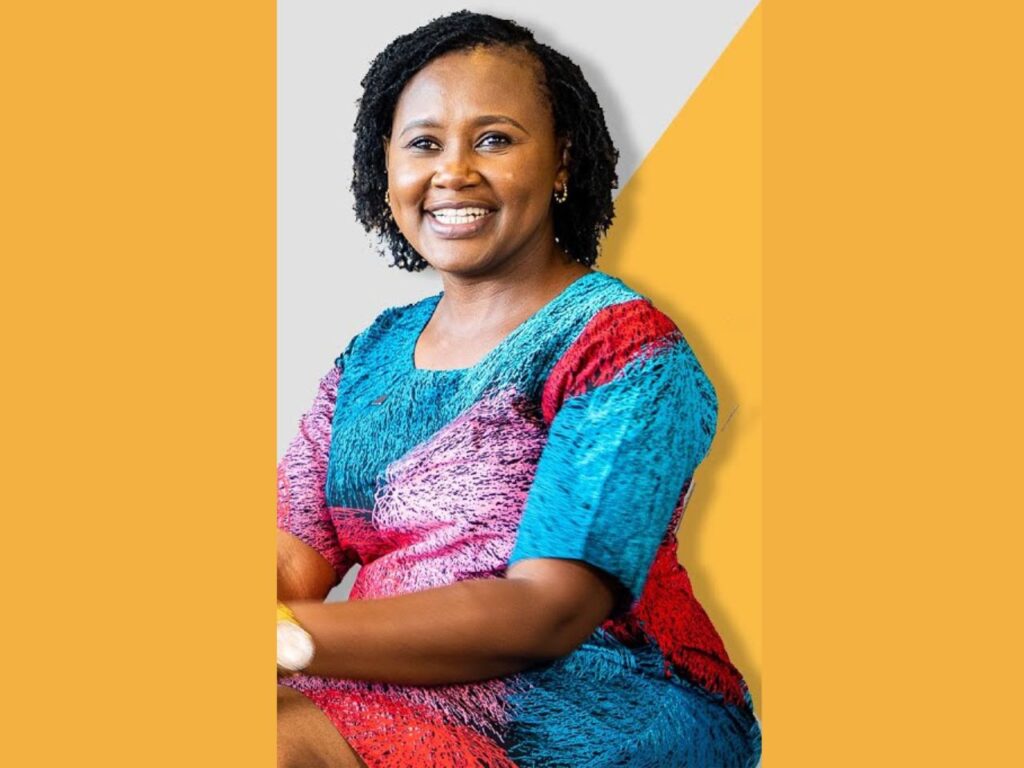Africa’s financial technology sector is experiencing remarkable growth, transforming how people across the continent access banking, payments, and financial services. While this boom has created countless opportunities, women entrepreneurs face unique challenges and achievements in building successful fintech companies. Despite barriers, female founders are making significant strides in Africa’s fintech sector.
The current state of women in African fintech
The numbers tell a story of both progress and persistent challenges. According to this report, as of June 1, 2024, there were 483 startups with at least one female co-founder out of 2,786 total African tech startups, representing about 17% of all African startups. This figure shows improvement from previous years, with an increase from 350 female-founded startups in 2023.
When it comes to fintech specifically, African women are performing better than the global average. According to Financial Standard, around 3.2% of fintech firms in Africa are founded solely by women, double the global average of 1.6%. This suggests that while women remain underrepresented, Africa’s fintech sector offers more opportunities for female leadership than other regions worldwide.
However, the funding landscape presents a more sobering picture. This report says that African female startup founders raised $48M in 2024, the lowest on record since 2019, while male founders raised over $2B. This represents just 2% of total startup funding in Africa, highlighting a significant gender gap in investment access.
The fintech opportunity in Africa
Africa’s fintech sector has become a major driver of startup investment across the continent. Fintech companies consistently attract a significant portion of total investments to African startups, demonstrating the sector’s key role in Africa’s economic development. The sector continues to dominate funding flows, maintaining its position as one of the most attractive areas for investors.
This growth is fueled by Africa’s unique financial needs. Many people across the continent lack access to traditional banking services, creating opportunities for innovative financial solutions. Mobile money, digital lending, insurance technology, and payment platforms have all found ground in African markets, where traditional financial infrastructure often falls short of serving the population’s needs.
Some inspiring female fintech leaders in Africa
Adesuwa Omoruyi – Accrue

Adesuwa Omoruyi co-founded Accrue in 2021. She previously worked as a Product Marketer at Helicarrier. Alongside her cofounders, she transformed the company from a crypto investment app into a cross-border payment infrastructure platform to help tackle Africa’s cross-border payment challenges. Her company successfully raised $1.58 million in seed funding and serves 200,000 users across Nigeria, Ghana, Kenya, and five other African countries. Accrue leverages stablecoins to provide faster, more reliable cross-border transactions, showcasing how female fintech leaders are building innovative solutions that address real market pain points while achieving significant scale and investor confidence across the continent.
Ife Durosinmi-Etti – Herconomy

Ife Durosinmi-Etti founded Herconomy in 2021. It originally launched as AGS Tribe before evolving into Herconomy, Nigeria’s first community-focused fintech specifically designed for women. The platform empowers women through financial services, capacity building, job opportunities, and networking. It provides access to business grants, scholarships, mentoring, and financial products, including savings and discounts. As a Tony Elumelu Foundation award recipient, Durosinmi-Etti successfully raised $600,000 in funding in 2016 and has built a community of over 10,000 active users. Her work directly addresses the gap where 54.4% of Nigeria’s financially excluded individuals are women.
Jess Anuna – Klasha

As founder and CEO of Klasha, Jess Anuna leads a San Francisco and Lagos-based technology company that’s transforming cross-border African commerce. Klasha makes consumer goods and services more accessible online across Africa, benefiting both consumers who want to make international payments and merchants looking to sell into African markets. Under Anuna’s leadership, the company has grown rapidly and attracted significant international investment from notable investors, including Amex Ventures and Greycroft. Her work bridges the critical gap between African consumers and global markets, facilitating seamless cross-border payments and commerce across the continent.
Karen Nadasen – PayU Africa

Karen Nadasen serves as CEO of PayU Africa, one of the continent’s leading online payment service providers. Under her leadership, PayU Africa offers comprehensive payment solutions for businesses and consumers across multiple African markets, enabling secure online transactions and broader financial services. Nadasen has positioned the company as a major player in Africa’s digital payments landscape, supporting the growth of e-commerce and advancing financial inclusion across several countries. Her work facilitates millions of digital transactions, helping to build the infrastructure necessary for Africa’s digital economy transformation.
Oluwatosin Olaseinde – Money Africa and Ladda

Oluwatosin Olaseinde has built multiple successful fintech ventures focused on financial education and services. She founded Money Africa, a financial education platform that teaches Africans how to make smart money decisions through accessible content and tools. She also created Ladda, which provides additional financial services to help people improve their financial literacy and access better financial products. Her work addresses the important need for financial education across Africa, where many people lack access to basic financial knowledge and services.
Judy Njogu Mokaya – VunaPay

Judy Njogu Mokaya founded VunaPay, a fintech company that provides management solutions specifically designed for smallholder farmers across Africa. VunaPay addresses the unique financial challenges faced by agricultural communities, offering payment solutions and financial services tailored to the farming sector’s specific needs. Mokaya’s innovation demonstrates how female fintech founders are creating specialized solutions for underserved markets, combining financial technology with a deep understanding of local economic challenges to build sustainable businesses that serve key sectors of African economies.
Unique challenges facing female fintech founders in Africa
Gender bias
Women entrepreneurs in African fintech face several interconnected challenges that make building successful companies particularly difficult. Gender bias in investment decisions remains a significant barrier. Investors often unconsciously favour male founders, viewing them as more capable of scaling technology companies. This bias is reflected in the stark funding disparities, where female founders receive a tiny fraction of available venture capital.
Limited access to networks
Access to networks also poses challenges. The fintech industry often operates through informal networks and connections that historically excluded women. Male-dominated investor circles, industry conferences, and mentorship networks can make it harder for women to access the relationships important for startup success.
Doubt about technical capabilities
Additionally, women often face questions about their technical capabilities, especially in financial technology, where complex systems integration and regulatory compliance are important. Female founders frequently report having to prove their expertise more extensively than their male counterparts.
Cultural factors
Cultural factors in some African societies also present obstacles. Traditional expectations about women’s roles can conflict with the demands of building and scaling technology companies. Work-life balance becomes particularly challenging for women with family responsibilities, and they need to constantly prove that they can handle both work and family responsibilities.
Support systems and initiatives
Recognizing these challenges, various organizations and initiatives have emerged to support women in fintech. The IFC’s She Wins Africa initiative selected 100 women startups from almost 3,000 applicants to receive growth support, with participants drawn from sectors ranging from ag-tech to fintech.
Many accelerator programs now focus specifically on women entrepreneurs or maintain strong commitments to gender diversity. These programs provide mentorship, funding access, and networking opportunities that help level the playing field for female founders.
Some fintech companies are also intentionally building gender-diverse workforces and explicitly focusing on serving female customer segments. Companies like Herconomy and HerVest specifically target women’s financial needs, creating both business opportunities and social impact.
The path forward
Looking ahead, several trends suggest reasons for cautious optimism about women in African fintech. The growing recognition of gender diversity’s business value is encouraging more investors to actively seek female-founded companies. There is increasing awareness that diverse teams bring different perspectives, experiences, and approaches to problem-solving, making gender diversity a competitive advantage rather than just a social goal.
The increasing number of successful female fintech founders serves as inspiration and proof of concept for other women considering entrepreneurship. As more women achieve success in fintech, they often become investors, mentors, and advocates for the next generation of female entrepreneurs.
Technology itself is also becoming more regularized. Cloud computing, no-code platforms, and accessible development tools are reducing the technical barriers to starting fintech companies. This levels the playing field and makes it easier for anyone with good ideas to build financial technology solutions.
Digital financial services continue expanding across Africa, creating new market opportunities. As more people gain access to smartphones and internet connectivity, the potential customer base for innovative financial services grows, creating space for diverse founders to build successful companies.
Conclusion
Women in African fintech face a complex mix of opportunities and challenges. While female founders represent a small percentage of fintech entrepreneurs and receive disproportionately low funding, they are building innovative companies that serve key market needs.
The success of existing female fintech leaders also demonstrates that women can build world-class financial technology companies in Africa. However, realizing the full potential of women entrepreneurs will require continued effort from investors, policymakers, and industry leaders to address systemic barriers and create more equitable opportunities.
MORE FROM ACCRUE
10 Best Fintech Apps in Africa
Top African Cities for Business Growth in 2026
How Daniella Ajala Turned A Bad Rental Experience Into A Real Estate Startup
